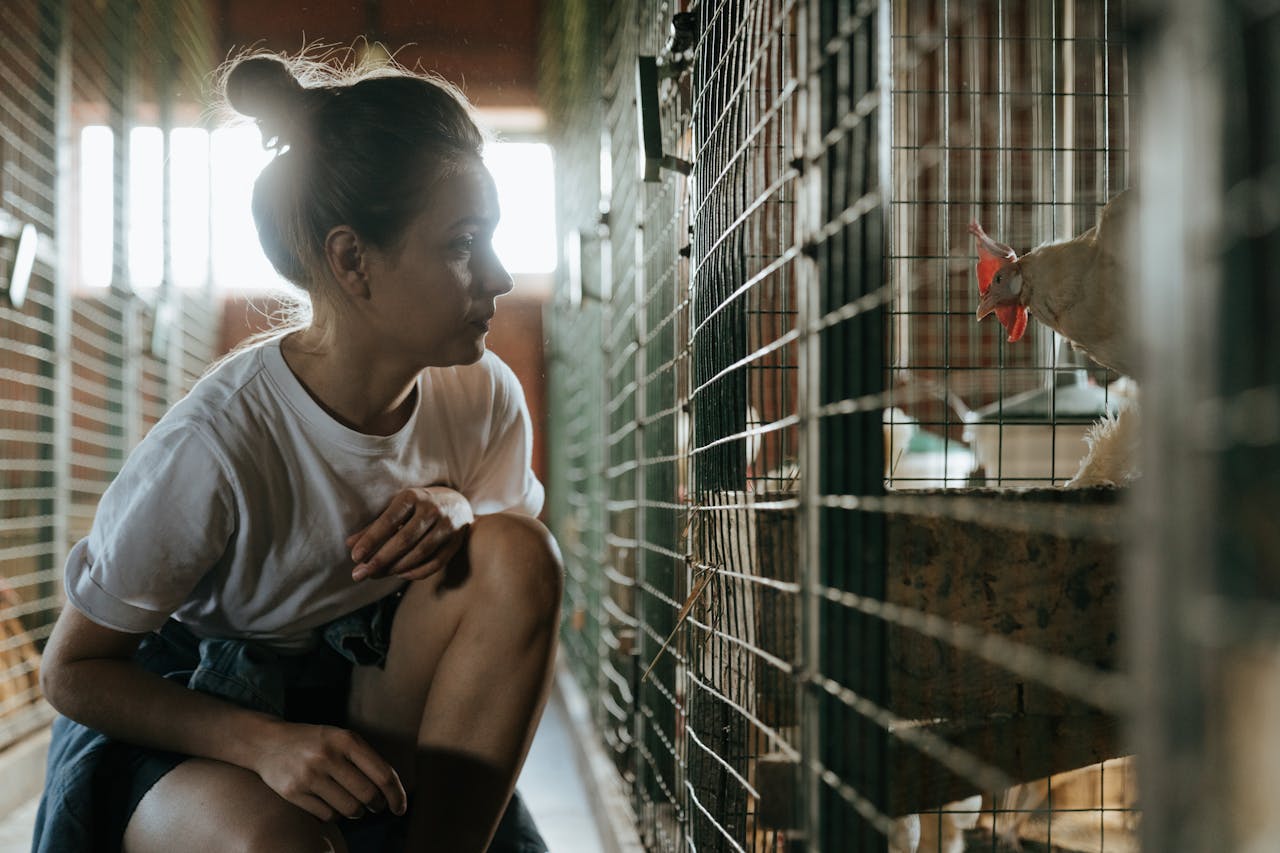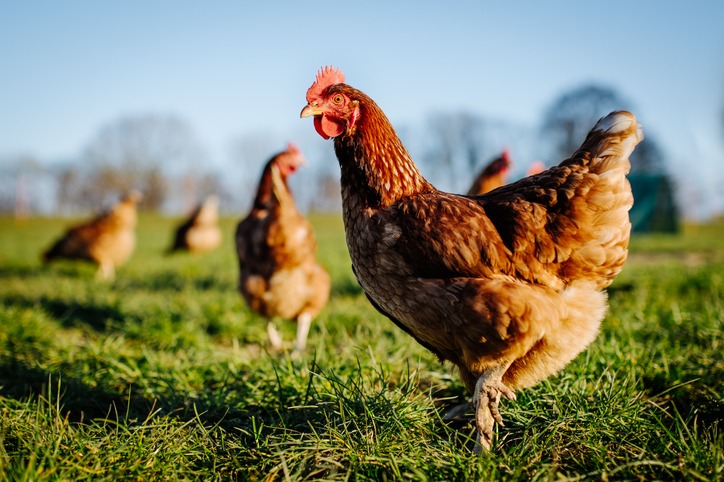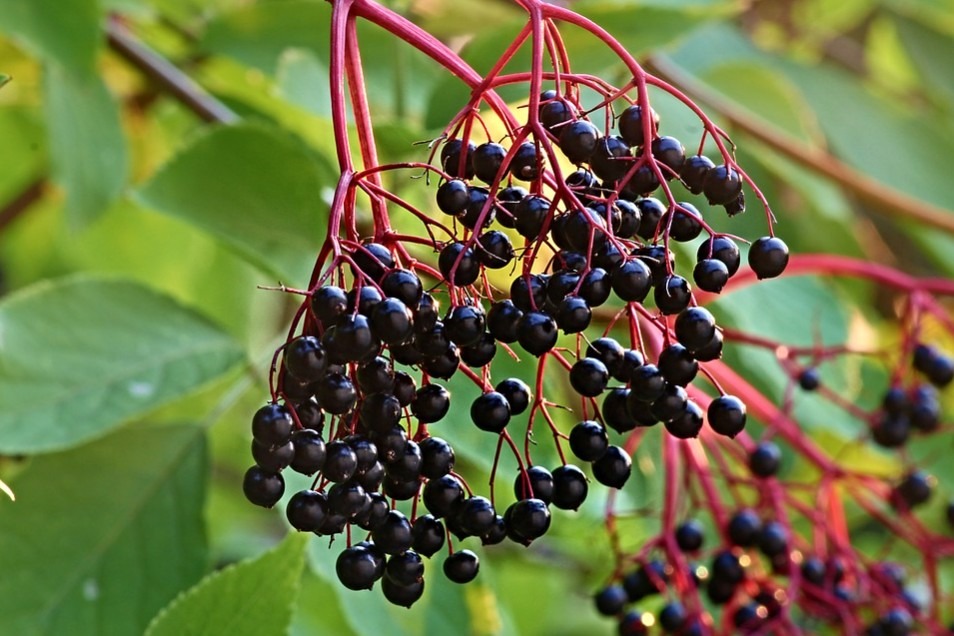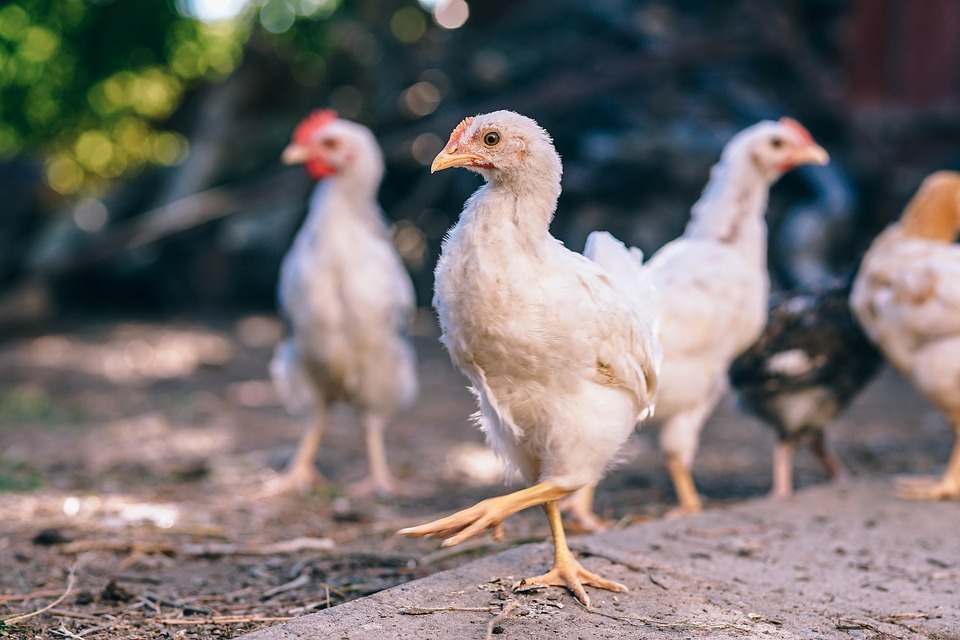Chickens on the Homestead: How They Offer More Than Just Eggs
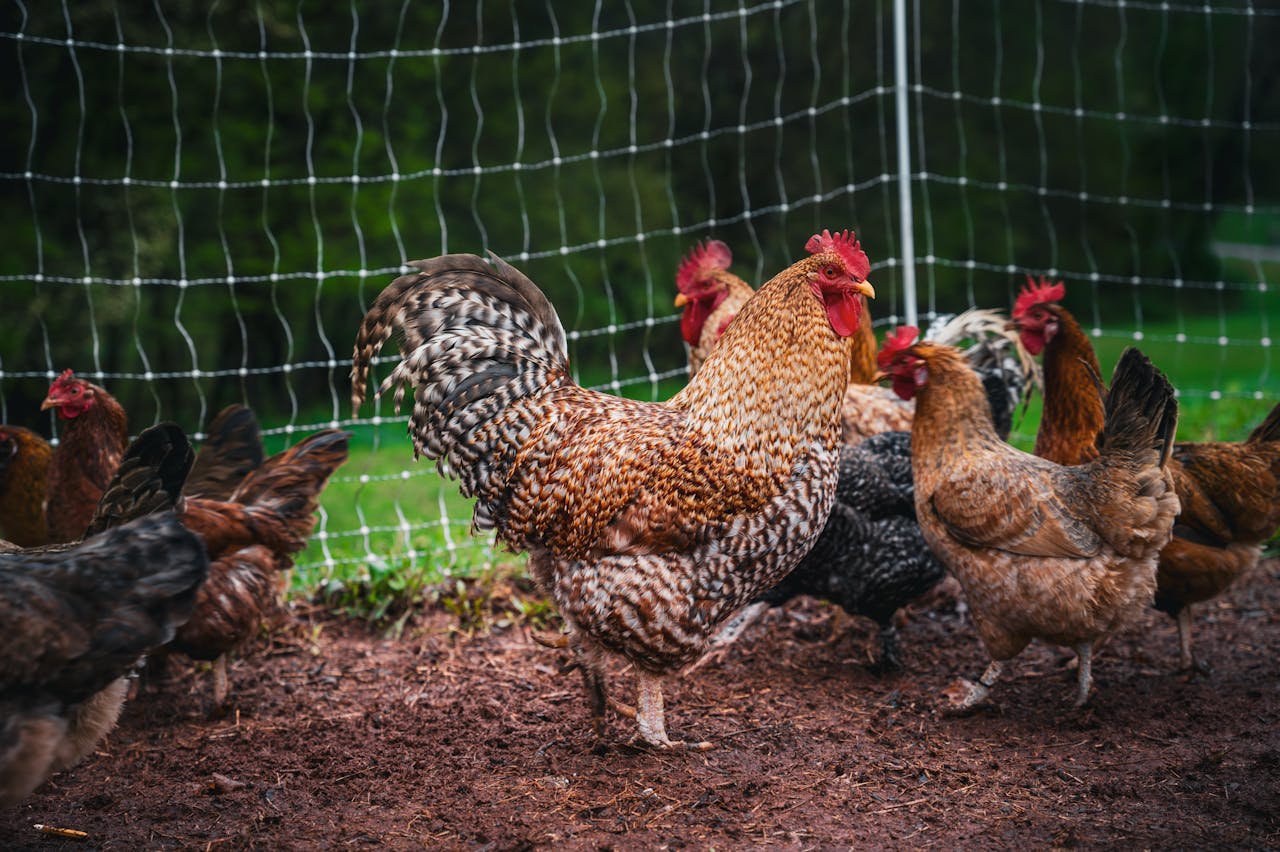
When most people think about keeping chickens, the first thing that comes to mind is the endless supply of fresh eggs. While eggs are a fantastic perk, chickens bring so much more to the table—literally and figuratively. These hardworking birds are nature’s multitaskers, contributing to sustainable waste management, natural pest control, and improved soil health. Integrating chickens into your homestead doesn’t just boost productivity; it creates a thriving ecosystem that works in harmony.
If you’ve ever wondered what else chickens can do besides filling your breakfast plate, this guide will walk you through their many benefits and how to maximize their role on your homestead.
Chickens Turn Waste into Gold
Chickens are the ultimate waste-management team. They’ll happily gobble up kitchen scraps, garden trimmings, and even some leftovers, turning them into two valuable resources: eggs and manure. With chickens on your homestead, you can significantly reduce food waste while enriching your soil. They essentially function as living compost machines, helping you close the loop on organic waste.
Key Benefits
Chickens don’t just consume waste—they process it. As they eat your veggie scraps and garden clippings, they convert these materials into nutrient-rich manure that’s perfect for composting. Their poop might not be glamorous, but it’s a goldmine for your garden.
- Manure Power: Chicken manure is rich in nitrogen, phosphorus, and potassium, essential nutrients for healthy plant growth. It’s significantly more nutrient-dense than manure from cows or horses, which makes it an incredibly effective fertilizer. By using chicken manure, you can eliminate the need for chemical fertilizers, saving money while nurturing your soil naturally.
- The Deep Litter Method: By layering bedding material like straw or wood shavings in the coop, you can create a self-composting system. Over time, this bedding breaks down into rich compost, ready to be added to your garden beds. Plus, this method keeps your coop cleaner for longer, reducing odors and making maintenance more manageable.
- Free Fertilizer Distribution: Let your chickens roam, and they’ll naturally fertilize the ground as they go. This helps reduce your reliance on store-bought fertilizers and ensures that nutrients are evenly distributed across your land.
Tips for Success
- Avoid feeding chickens foods that might harm them, such as avocado, chocolate, or anything moldy. These can make chickens sick or even prove fatal.
- Use the deep litter method carefully—make sure the bedding stays dry to prevent ammonia buildup, which can irritate chickens’ respiratory systems and create unpleasant odors.
- Rotate your chickens’ roaming area to ensure even manure distribution and prevent over-fertilization, which can damage plants if left unchecked.
In essence, chickens turn what you’d usually toss into a compost pile into something even more valuable, and they do it faster. Their waste output might be small, but its impact on your homestead’s ecosystem is massive.
Chickens Keep Pests Under Control
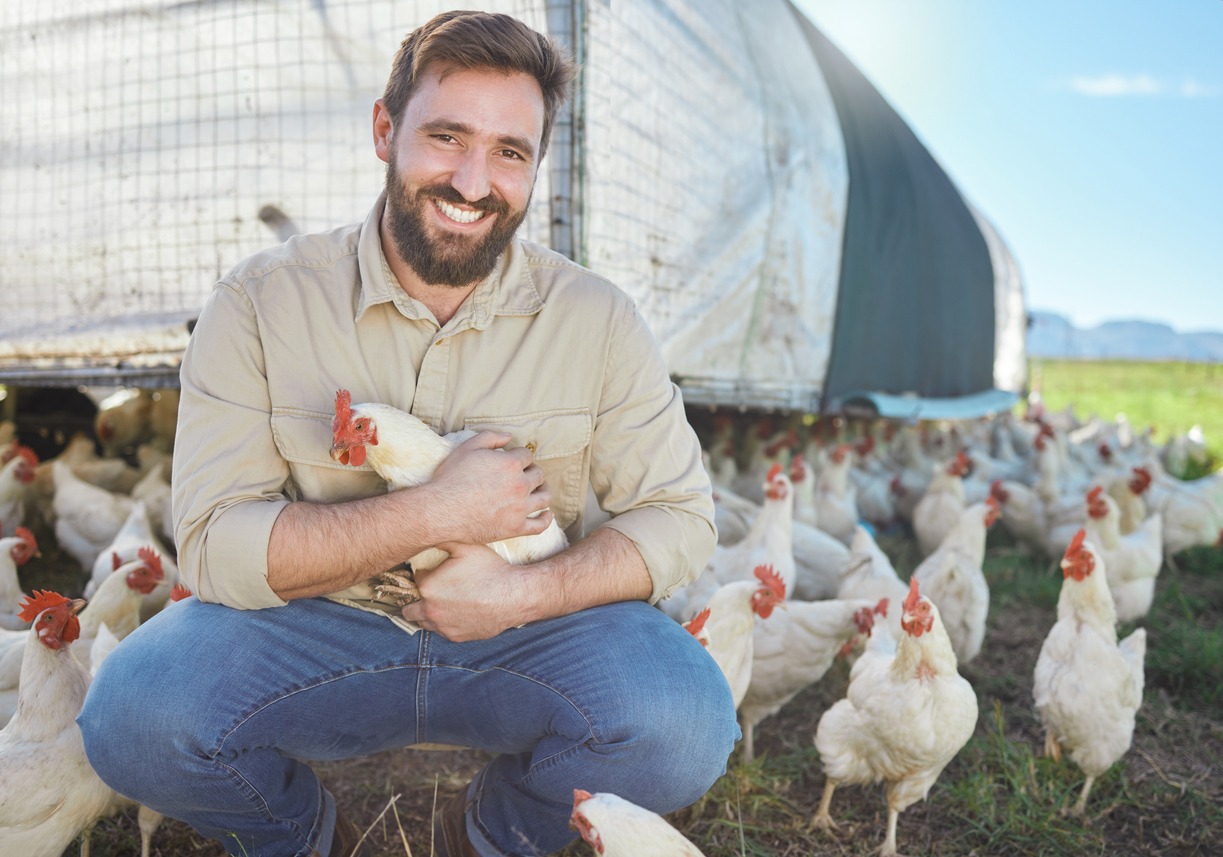
Chickens are relentless when it comes to hunting pests. From ticks and mosquitoes to garden slugs and grubs, these birds will enthusiastically tackle your pest problems. Not only does this save you money on pesticides, but it also keeps your homestead free from harsh chemicals. Plus, chickens are surprisingly thorough, sometimes catching pests you didn’t even know were there.
Key Benefits
- Insect Control: A single chicken can consume dozens of bugs a day, making them a valuable ally in the fight against pests. Multiply that by an average flock size, and you’ll see why they’re such effective pest controllers. Chickens love hunting insects, so they’ll often head straight to the spots where bugs are most concentrated.
- Weed Reduction: Chickens don’t just eat bugs—they’ll also peck away at weeds, helping you maintain a tidier garden. Their foraging behavior is a natural way to keep unwanted plants from taking over.
- Rodent Deterrence: While chickens don’t hunt rodents, their presence (and the fencing around their coop) can help deter rats and mice. Predators that might otherwise be attracted to spilled grains or feed tend to avoid areas with active flocks.
How to Maximize Their Pest-Control Power
- Use Chicken Tractors: These mobile coops allow you to move your flock to pest-heavy areas. They’ll scratch, forage, and fertilize all in one go. Chicken tractors are especially useful in gardens and orchards, where pest infestations can be concentrated in specific spots.
- Create Strategic Grazing Zones: Let your chickens roam in specific areas where pests are prevalent, like under fruit trees or near compost piles. They’ll naturally reduce pest populations while simultaneously fertilizing the soil.
- Poultry Fencing: A sturdy fence keeps your flock where you need it and protects your garden beds from overly enthusiastic scratching. It also ensures that chickens don’t wander into areas where they might encounter predators.
Pest control is one of the most immediate and noticeable benefits of having chickens. Within days of introducing a flock, you’ll likely see a significant reduction in the number of pests on your property. Best of all, it’s completely natural and chemical-free.
Chickens Make Your Soil Healthier
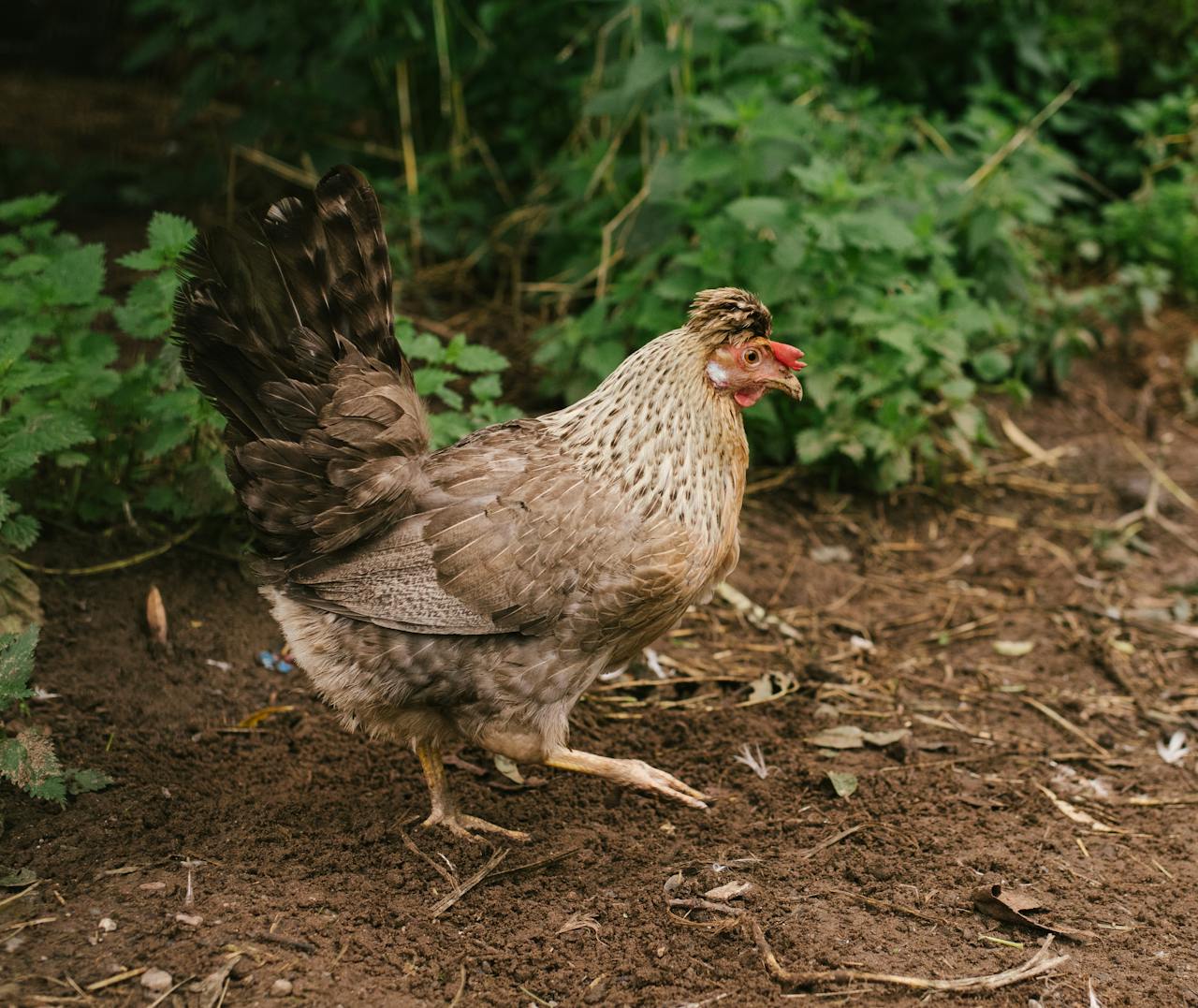
Healthy soil is the foundation of a productive homestead, and chickens are excellent partners in improving its quality. Through their natural behaviors and waste, they help aerate the soil, add nutrients, and enhance its overall structure.
Manure as Fertilizer
Chicken manure is one of the most nutrient-rich organic fertilizers you can find. It’s loaded with nitrogen, phosphorus, and potassium—key elements for healthy plant growth. Properly composted chicken manure can boost fertility and improve soil texture. It’s especially beneficial for vegetable gardens, flower beds, and even fruit trees.
Soil Aeration
Chickens instinctively scratch and forage in the dirt. While they’re searching for bugs or seeds, they break up compacted soil and mix organic matter, improving aeration and water drainage. This also helps your plants develop stronger root systems, as the soil becomes easier for roots to penetrate.
The Deep Litter Bonus
Using the deep litter method in your coop not only simplifies maintenance but also creates a slow-composting system. Over time, this material transforms into dark, crumbly compost that’s ideal for your garden beds.
Best Practices
- Always compost chicken manure before applying it to your garden. Raw manure can be too strong and may burn plants. Composting neutralizes harmful pathogens and balances nutrient levels.
- Rotate grazing areas to prevent soil degradation and allow previously grazed areas to recover.
- Avoid overstocking chickens in one area to maintain balanced soil health. Overcrowding can lead to soil compaction and nutrient imbalances.
Soil health is often overlooked, but it’s one of the most critical elements of any successful homestead. By letting chickens do what they do best, you’ll create a foundation for long-term agricultural success.
Chickens Fit Perfectly into Your Homestead
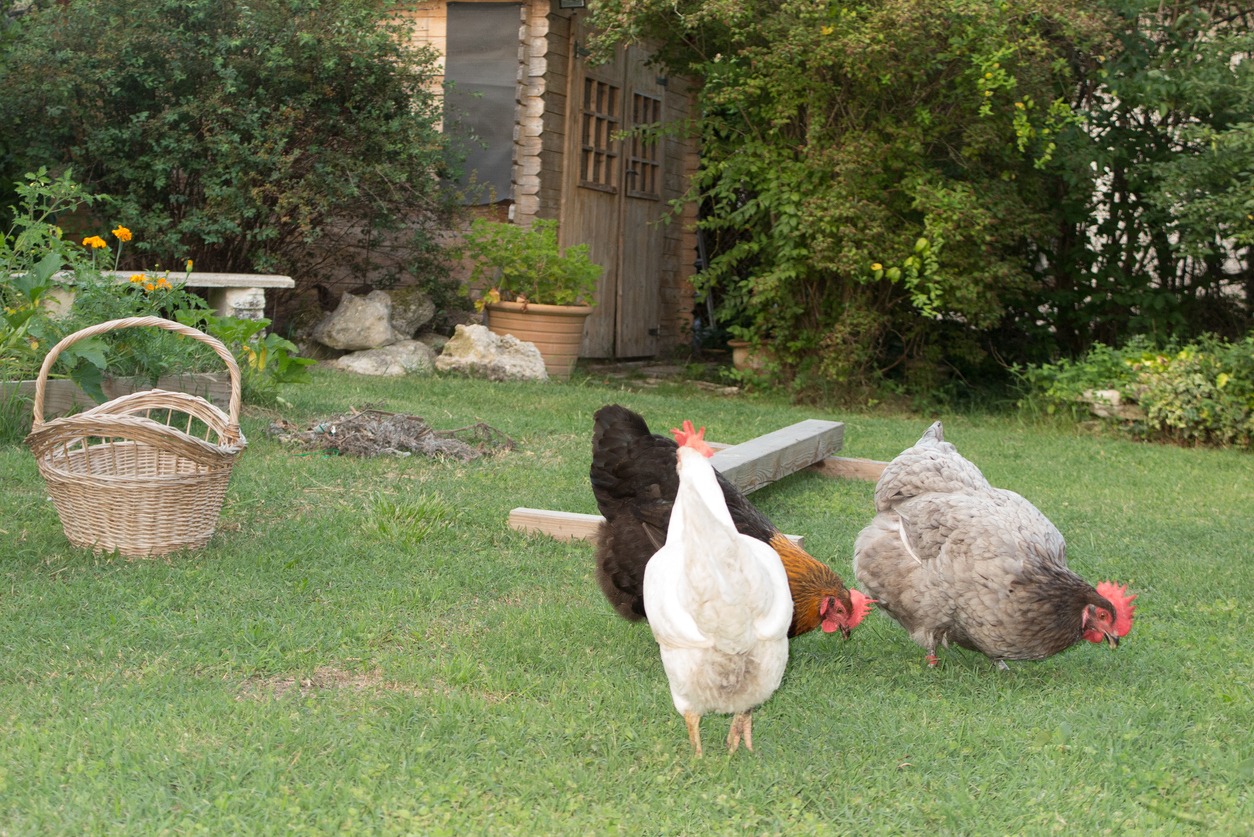
Chickens aren’t just individual contributors—they’re key players in a holistic system. When integrated thoughtfully, they can enhance every aspect of your homestead, from waste management and pest control to soil fertility.
Symbiotic Relationships
- Chickens eat kitchen scraps and garden waste, reducing waste while producing manure for compost.
- Their scratching and foraging behaviors naturally aerate the soil and distribute nutrients.
- Free-range chickens fertilize the land as they roam, enriching your homestead with minimal effort on your part.
Optimization Tips
- Movable Runs: Use movable chicken runs to target specific areas for pest control or soil improvement. This prevents overgrazing and helps rejuvenate different sections of your property.
- Multifunctional Coops: Consider designing coops that double as mini-greenhouses or rain shelters for plants during colder months. This adds an extra layer of utility to your setup while protecting your chickens.
- Cover Cropping: Allow chickens to graze on cover crops before planting. They’ll eat weeds, pests, and some cover crop plants while fertilizing the soil. This reduces the need for chemical interventions and improves soil quality naturally.
Chickens Bring More Than Just Eggs to the Table
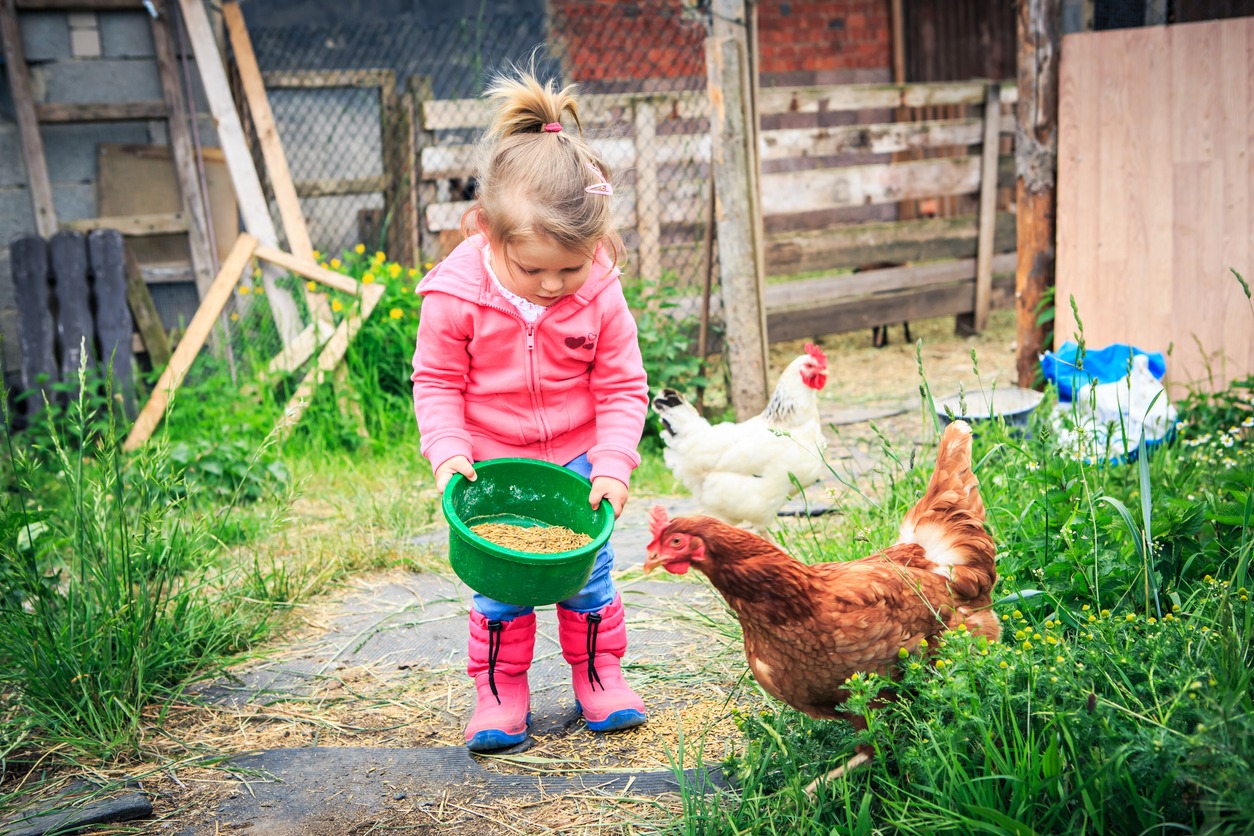
Eggs might be the star of the show, but chickens offer so much more. They’re not just livestock—they’re ecosystem engineers, pest controllers, weed managers, and even teachers.
Teaching Opportunities
If you have children, chickens are a fantastic way to teach responsibility and sustainability. Kids can help with feeding, egg collecting, and even cleaning the coop, gaining valuable life skills along the way.
Reducing Waste
Chickens help reduce your household’s food waste by consuming scraps that would otherwise go to a landfill. This not only benefits your homestead but also contributes to a more sustainable environment.
Building Community
Chickens often spark conversations among neighbors and fellow homesteaders. Sharing eggs, compost, or advice can strengthen your community bonds. You might even inspire others to start their own flocks, creating a ripple effect of sustainability.
Chickens Are the Ultimate Homestead Helpers
Chickens are far more than egg-layers—they’re dynamic contributors to a sustainable, productive homestead. From waste management and pest control to soil enrichment and community building, these feathered friends offer a multitude of benefits. By integrating chickens thoughtfully, you can create a closed-loop system that reduces waste, boosts productivity, and promotes environmental harmony.
Whether you’re a seasoned homesteader or just starting out, chickens deserve a place on your property. So, give them a chance to revolutionize your homestead—you’ll wonder how you ever managed without them.

